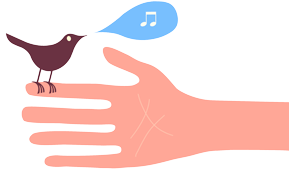After there is a mass shooting or other horrifying event, I sometimes see articles written by therapists on how to cope. They talk about self-care, reducing exposure to media and getting support. You know, drink herbal tea, eat right, do some yoga, go to therapy. Things like that. While I am very much in favor…
Continue Reading »
Relationships and Families LGBTQ1 people have relationships and families and, like anyone else, may need therapy for relationship and family issues. Beyond the qualifications discussed in Parts 1 and 2, how do you know whether a therapist is qualified to help you and your LGBTQ family? Skilled LGBTQ-friendly therapists for relationships and families are: Comfortable…
Continue Reading »
Beyond the Minimum How can you tell if your therapist truly has expertise in working with LGBTQ1 clients beyond the minimum standards discussed in Part 1? If you have a choice between therapists who meet the minimum standards, look for these additional qualifications. Good LGBTQ-friendly therapists are: Open about working with LGBTQ people. Their advertising,…
Continue Reading »
The Minimum My practice has always had a particular focus on serving the lesbian, gay, bisexual, transgender, and queer (LGBTQ)1 communities. Sometimes, I work with clients on issues specifically related to being LGBTQ such as coming out or gender transition/affirmation or dealing with discrimination. More frequently, I work with LGBTQ clients for whom being LGBTQ…
Continue Reading »
Lots of people seem to worry about whether a therapist will see something about them as pathological. In my opinion as a psychotherapist, there is nothing inherently problematic about being: Gay Lesbian Bisexual Transgender Genderqueer Asexual Polyamorous Non-monogamous Into kink/BDSM Religious Not religious Fat Of course, there is nothing problematic about lots of things, but…
Continue Reading »

